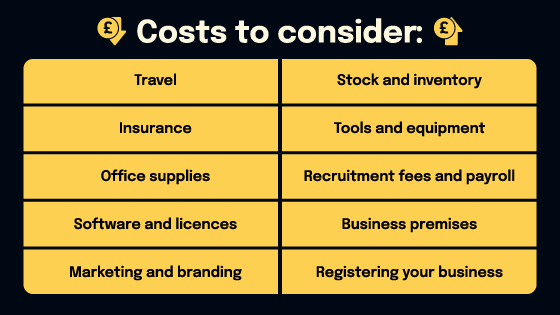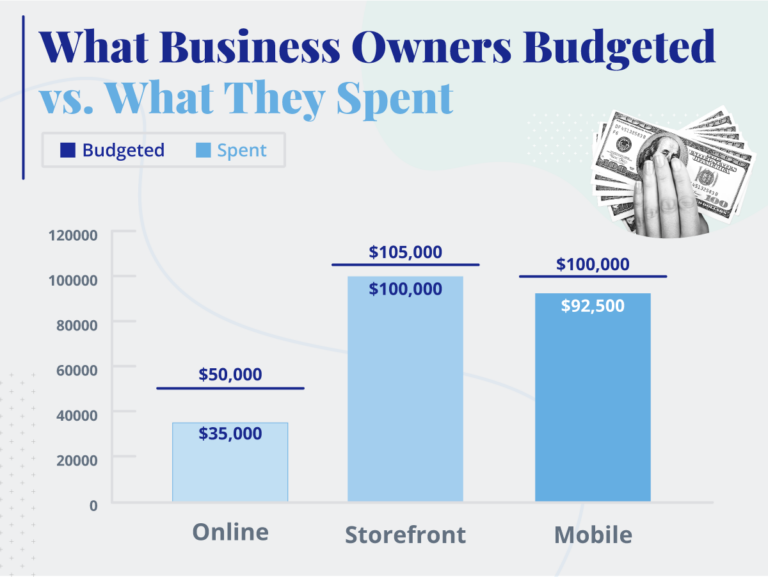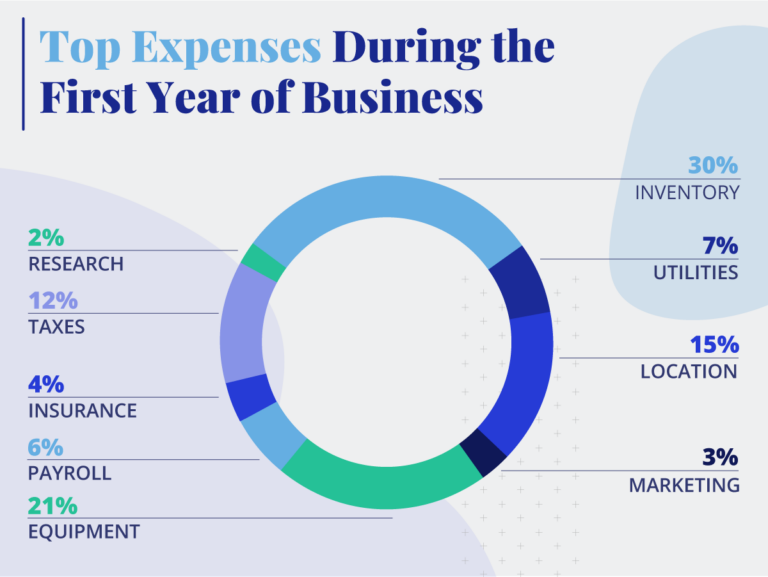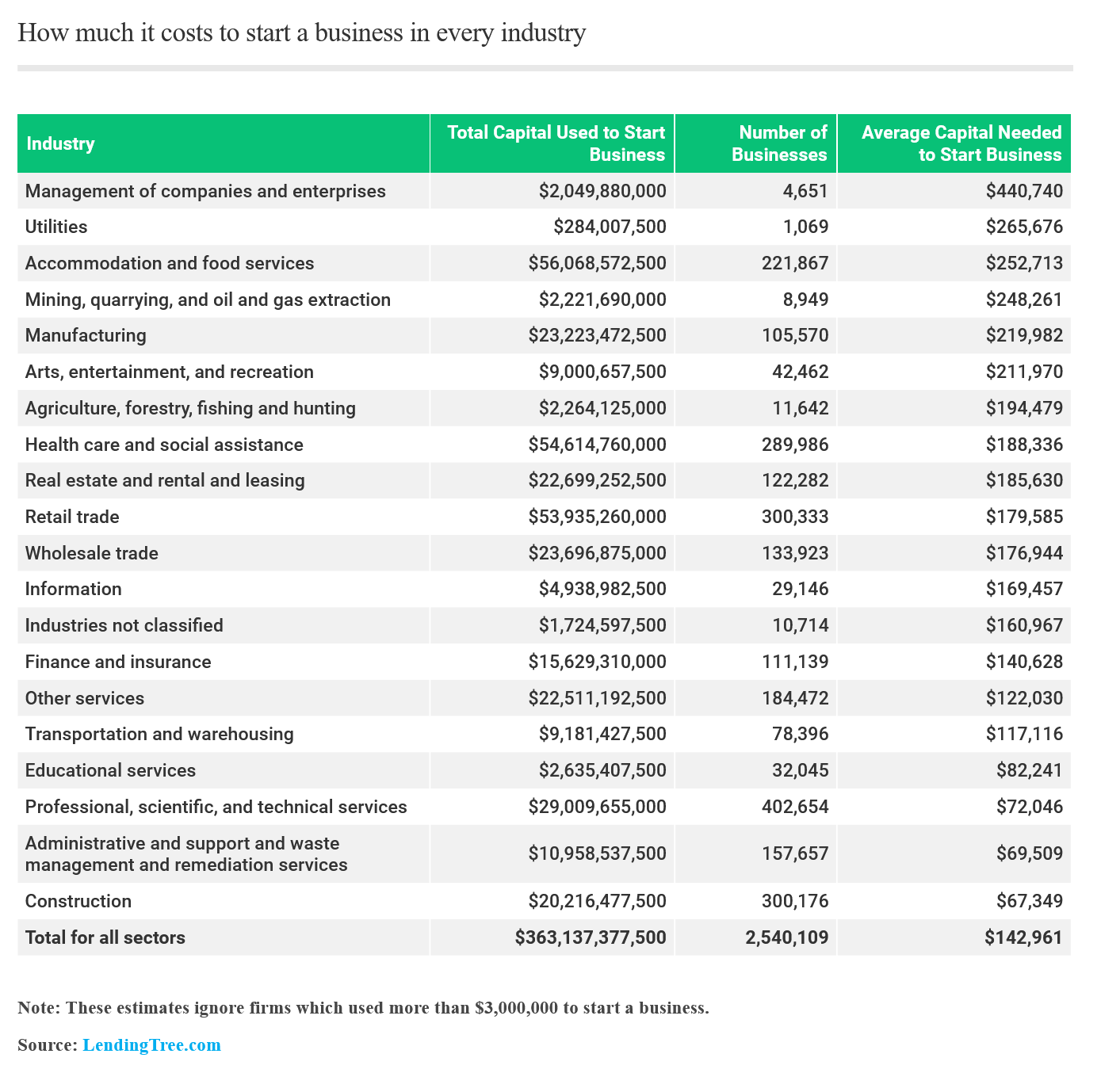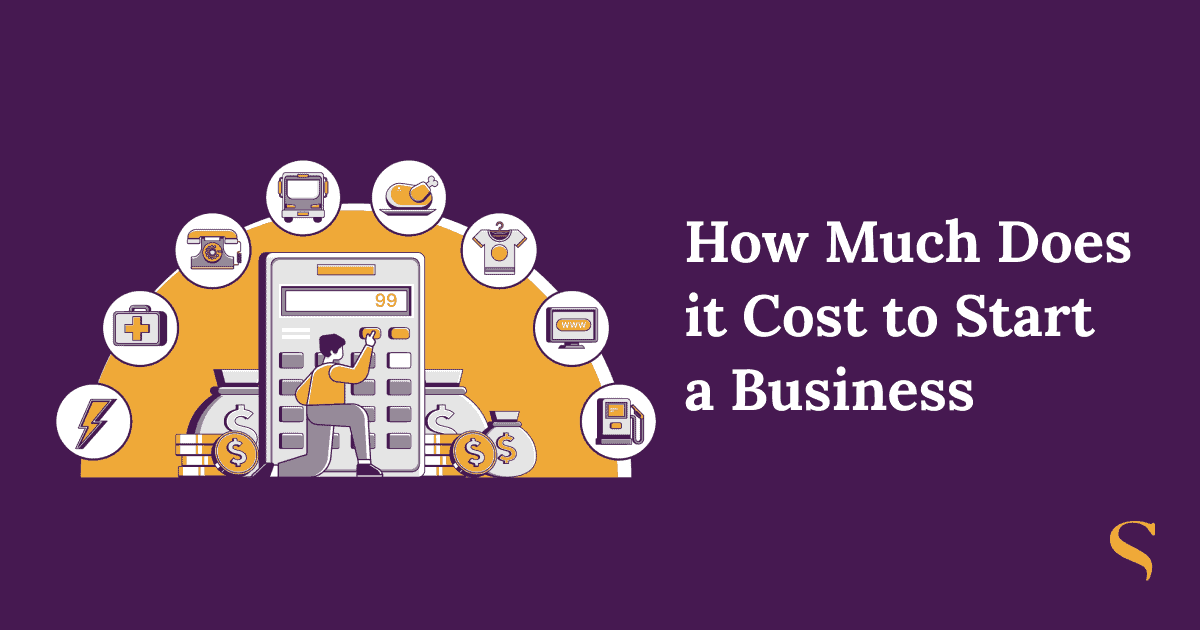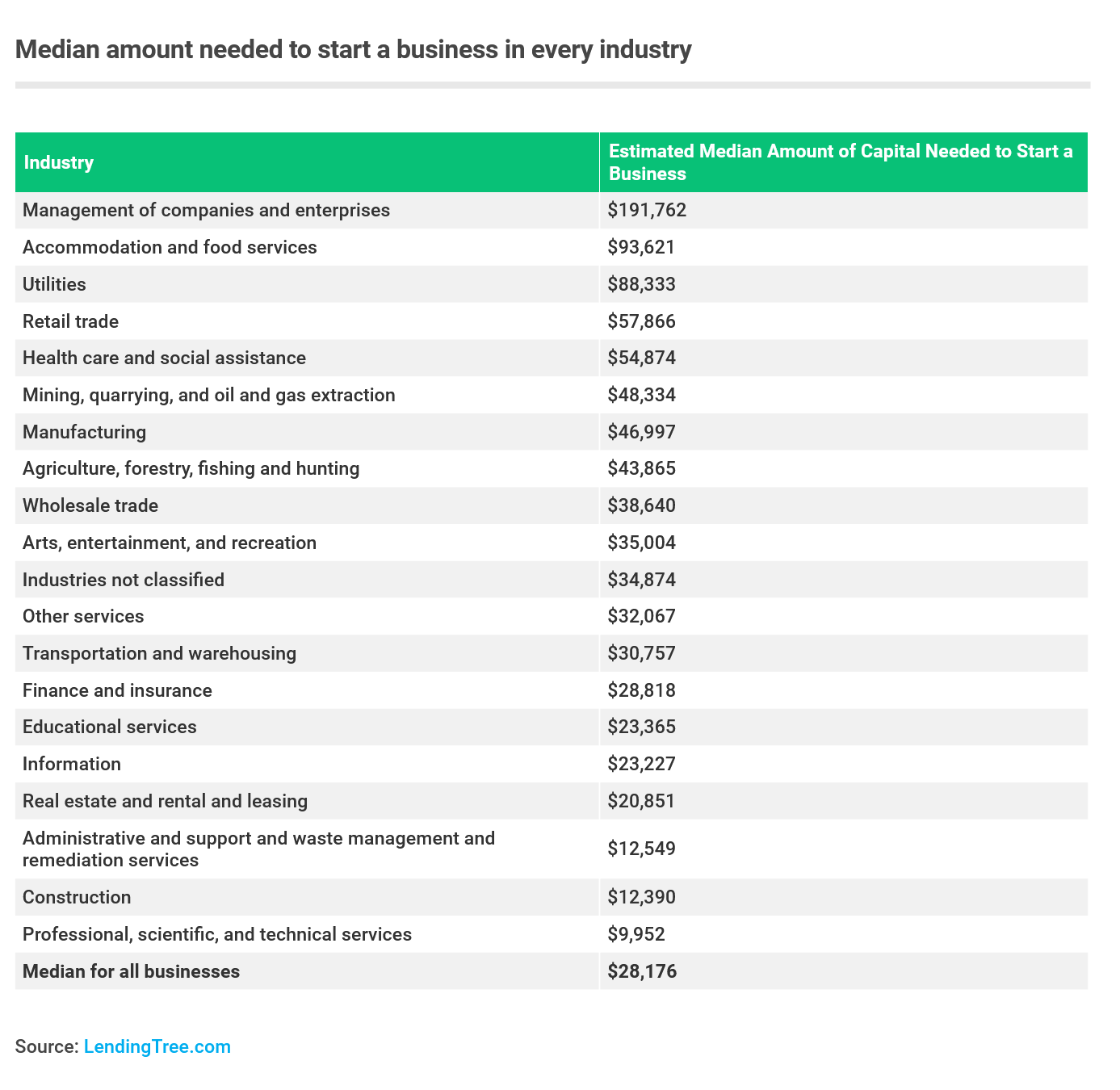How Much It Cost To Start A Business
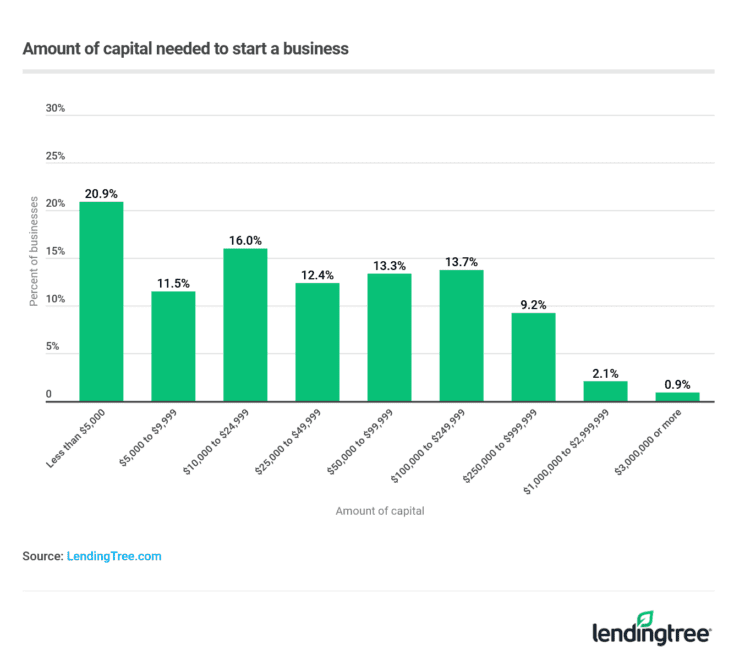
Launching a business demands careful financial planning. The cost to start varies wildly, but understanding the key factors is crucial.
This article breaks down the real-world expenses facing new entrepreneurs, from essential legal fees to cutting-edge marketing strategies. We'll focus on concrete numbers and actionable information to help you budget effectively.
The Bare Bones: Legal and Registration
First, formalize your business. Expect to spend between $50 to $500 for LLC formation, depending on your state.
Attorney fees for initial consultations and contract drafting can range from $1,000 to $5,000. LegalZoom and similar services offer lower-cost alternatives, but may lack personalized advice.
Business licenses and permits also add to the initial outlay. These can cost from a few dollars to several hundred, based on industry and location.
Office Space and Equipment: Remote vs. Brick-and-Mortar
A home office can significantly reduce startup costs. However, even a home office requires essential equipment.
Expect to spend $500 to $2,000 on a computer, printer, and software. Renting office space can easily add thousands per month, averaging $10 to $25 per square foot annually, according to CommercialEdge.
Factor in furniture, utilities, and internet access. These add up quickly whether you are at home or renting a space.
Marketing and Branding: Getting the Word Out
A basic website can cost $500 to $5,000, depending on complexity and design. Social media marketing, while potentially free, often requires paid advertising.
Budget $100 to $500 per month for social media ads. Content marketing, like blog posts and videos, requires either your time or the expense of hiring a content creator.
Branding expenses, including logo design and brand guidelines, can range from $500 to $5,000. 99designs and other online platforms offer competitive rates.
Inventory and Supplies: Stocking Up
The cost of inventory varies massively by industry. A service-based business may have minimal inventory needs.
A retail business, however, could easily spend thousands on initial stock. Manage inventory carefully and avoid overspending.
Factor in packaging and shipping supplies, which can range from $50 to $500, depending on volume and materials.
Employee Costs: The Human Factor
Hiring employees significantly increases startup costs. Even one employee requires payroll taxes, benefits, and workers' compensation insurance.
Average salaries vary by role and location. Consider using Indeed or Glassdoor to research salaries for similar positions.
Factor in onboarding costs, including training materials and background checks, which can add several hundred dollars per employee.
Software and Technology: Streamlining Operations
Accounting software like QuickBooks or Xero can cost $25 to $75 per month. CRM software, essential for managing customer relationships, can range from $50 to $300 per month.
Project management tools like Asana or Trello offer free plans for basic use. More advanced features require a paid subscription.
Invest in cybersecurity software and training to protect your business from cyber threats. The cost of a data breach far outweighs the expense of prevention.
Contingency Fund: Planning for the Unexpected
Experts recommend having at least 3 to 6 months of operating expenses in reserve. This fund covers unexpected expenses or slow sales periods.
This fund helps businesses survive unforeseen challenges. Aim to have a safety net that can keep your business afloat.
Consider a line of credit as another option, but be mindful of interest rates and repayment terms.
Key Takeaways and Next Steps
Startup costs are highly variable and depend on industry, location, and business model. Research and planning are essential to managing expenses effectively.
Consult with a financial advisor to develop a realistic budget and funding strategy. Consider bootstrapping, seeking angel investors, or applying for small business loans.
Continuously monitor your cash flow and adjust your budget as needed. Adaptability is key to long-term success.
